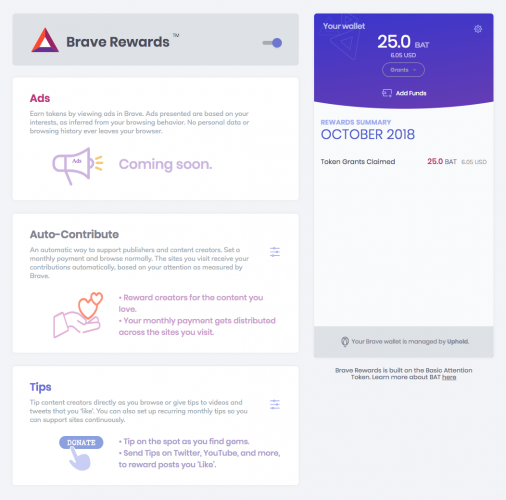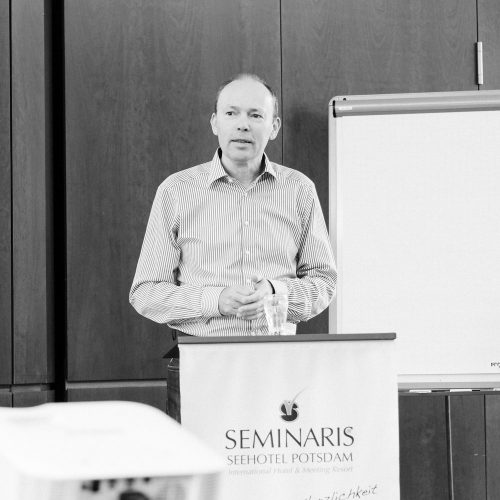technology review explains a new breed
all this has given rise to a new breed: the Depressed Former Internet Optimist (DFIO). Everything from public apologies by figures in the technology industry to informal chatter in conference hallways suggests it’s become very hard to find an internet Optimist in the old, classic vein. There are now only Optimists-in-retreat, Optimists-in-doubt, or Optimists-hedging-their-bets.
and continues
Many Optimists believed that the structure of the internet by itself—manifested in collaborative projects such as wikis or crowdfunding—would bend social outcomes in their favor. One response to the events of 2016 has been to revisit this assumption, claiming that while the basics might have been right, more work is needed to realize the original vision.
So may I add here an advertisement of Tim Berner-Lee’s Solid project operating Inrupt?
Imagine if all your current apps talked to each other, collaborating and conceiving ways to enrich and streamline your personal life and business objectives? That’s the kind of innovation, intelligence and creativity Solid apps will generate.
As we are now redefining content why not also getting paid by Brave when browsing? The not not evil Alphabet company has already announced some major changes.



